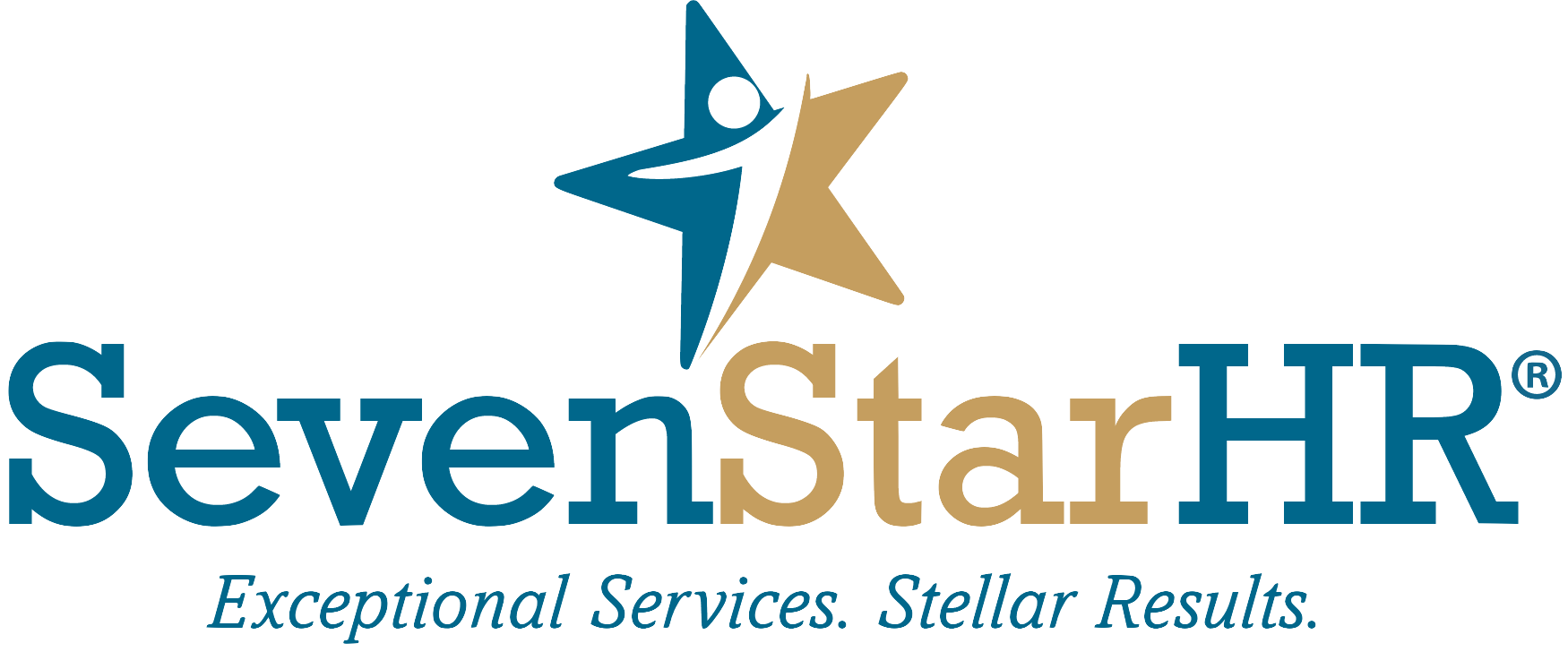The Dos and Don'ts of Employer and Union Conduct: A Look at NLRA Protections
Employers and unions have specific rights and obligations when it comes to labor relations. The National Labor Relations Act (NLRA) is the primary federal law governing these relationships, which are intended to protect the rights of both employees and employers. This law establishes the rules of conduct for both parties, and it is important for all parties involved to understand their respective rights and obligations.
The NLRA forbids employers from interfering with, restraining, or coercing employees in the exercise of their rights relating to organizing, forming, joining, or assisting a labor organization for collective bargaining purposes. This means that employers cannot take retaliatory action against employees who engage in protected concerted activity, which includes employees working together to improve the terms and conditions of their employment, or refraining from any such activity.
Examples of employer conduct that violates the law:
Threatening employees with loss of jobs or benefits if they join or vote for a union or engage in protected concerted activity.
Threatening to close the plant if employees select a union to represent them.
Questioning employees about their union sympathies or activities in circumstances that tend to interfere with, restrain or coerce employees in the exercise of their rights under the Act.
Promising benefits to employees to discourage their union support.
Transferring, laying off, terminating, assigning employees more difficult work tasks, or otherwise punishing employees because they engaged in union or protected concerted activity.
Transferring, laying off, terminating, assigning employees more difficult work tasks, or otherwise punishing employees because they filed unfair labor practice charges or participated in an investigation conducted by NLRB.
Examples of labor organization conduct that violates the law:
Threats to employees that they will lose their jobs unless they support the union.
Seeking the suspension, discharge or other punishment of an employee for not being a union member even if the employee has paid or offered to pay a lawful initiation fee and periodic fees thereafter.
Refusing to process a grievance because an employee has criticized union officials or because an employee is not a member of the union in states where union security clauses are not permitted.
Fining employees who have validly resigned from the union for engaging in protected concerted activities following their resignation or for crossing an unlawful picket line.
Engaging in picket line misconduct, such as threatening, assaulting, or barring non-strikers from the employer's premises.
Striking over issues unrelated to employment terms and conditions or coercively enmeshing neutrals into a labor dispute.
Violations of the law can result in penalties, fines, or other legal consequences. Employers and unions should also seek legal advice and guidance as needed to ensure that their actions are in compliance with the law. By understanding their responsibilities under the NLRA, employers and unions can maintain a positive and productive relationship and create a safe and healthy workplace for all employees.

